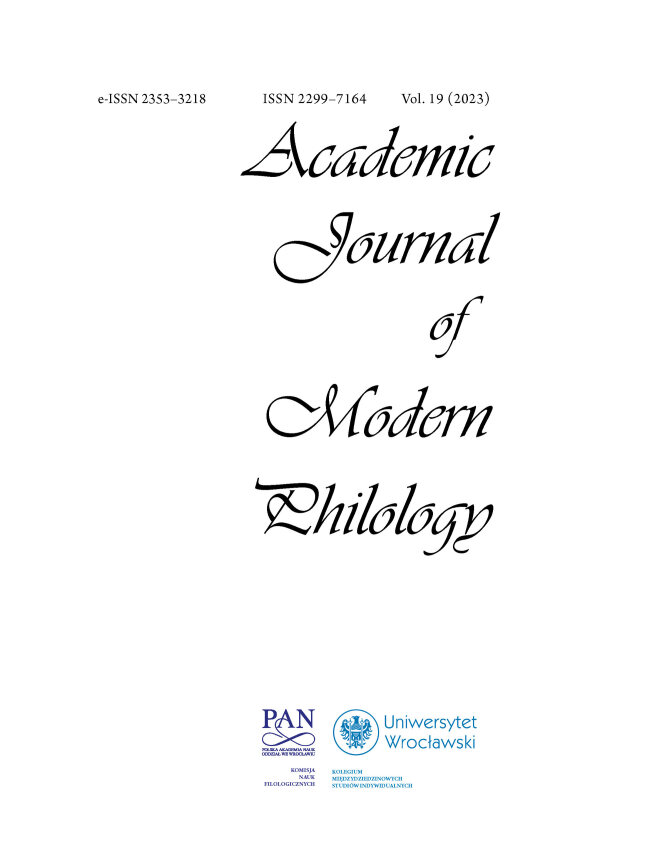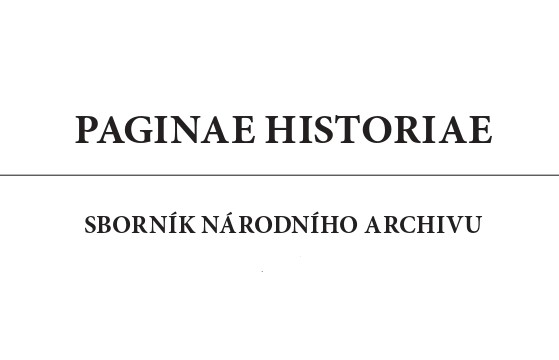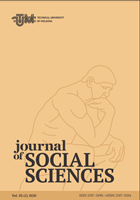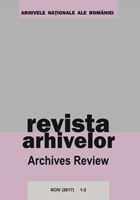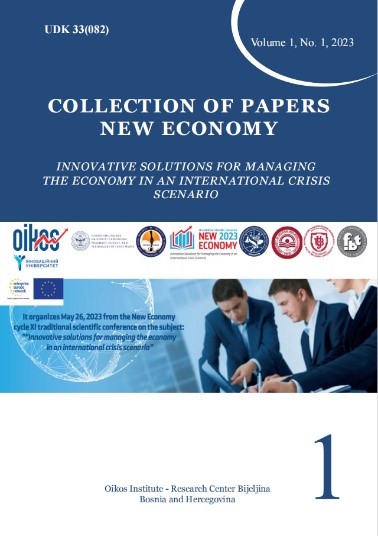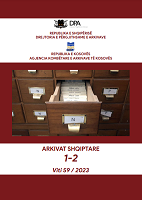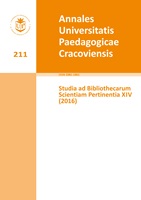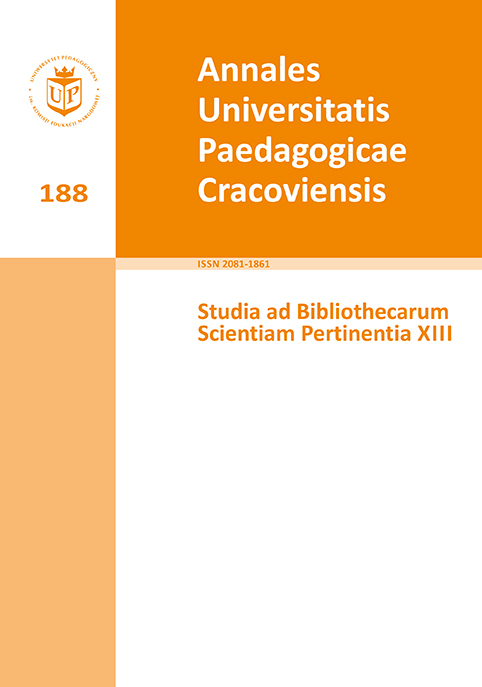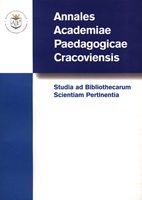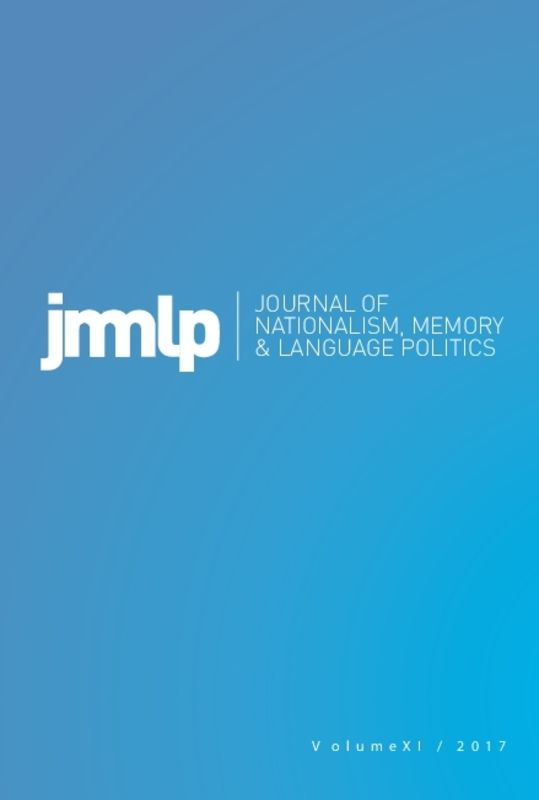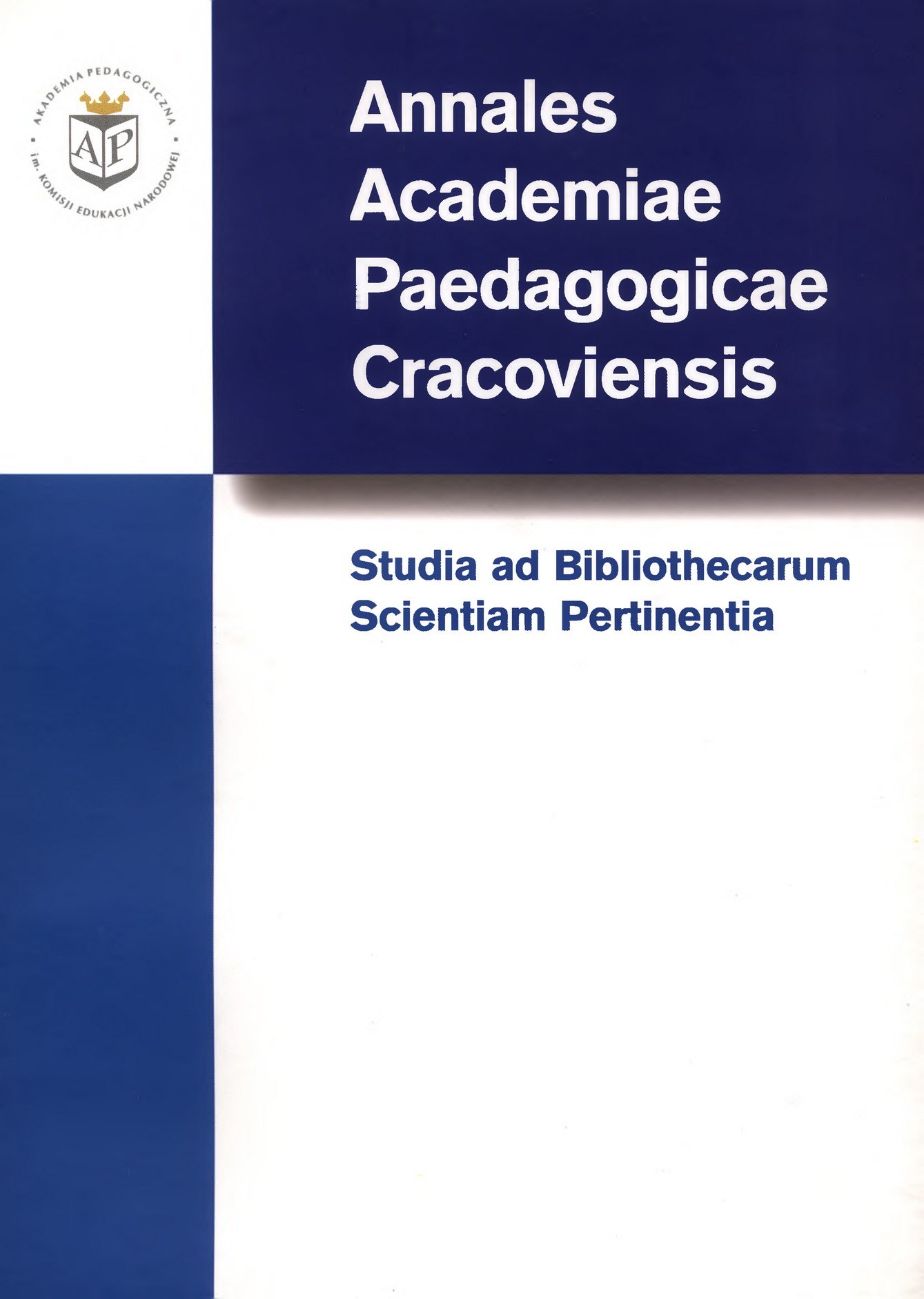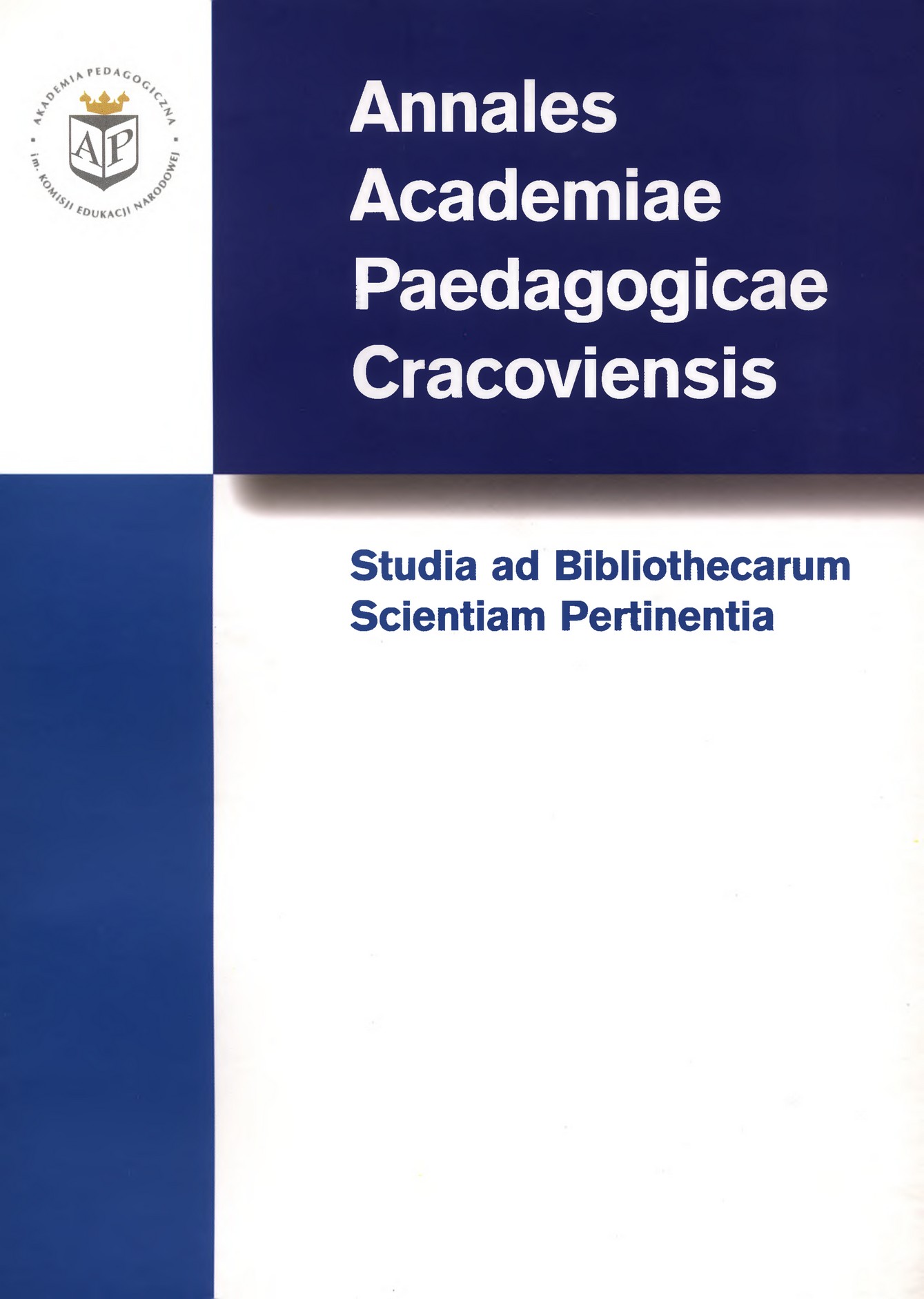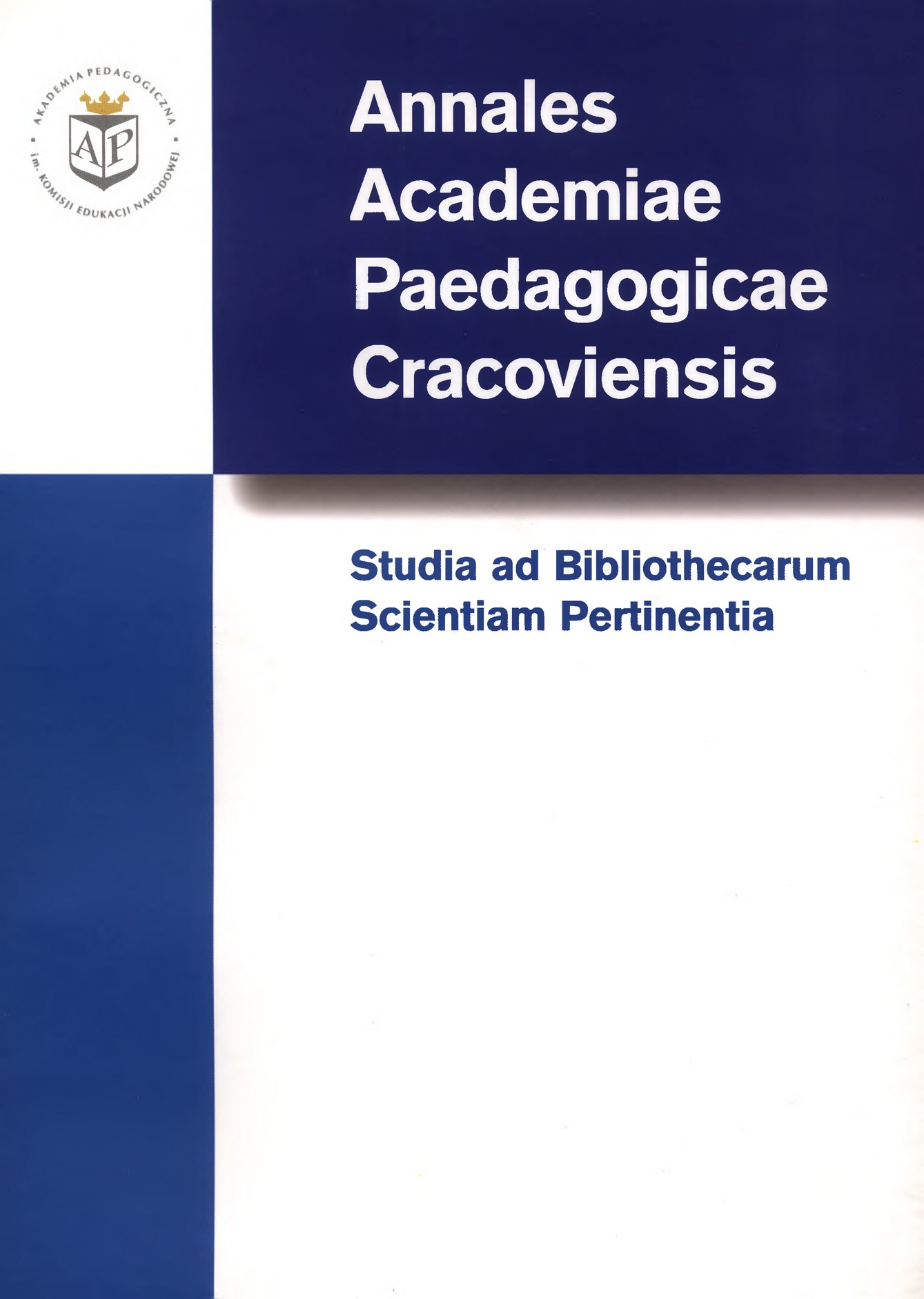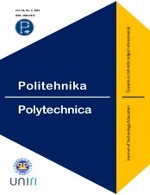Author(s): Adam Bańdo / Language(s): Polish
Issue: 8/2010
Technological progress accompanies the modern man in practically every area of life. Over the last several decades, it has entered libraries and revolutionized their activity on an unprecedented scale. The new electronic media, using multimedia technology, have ”created” new, improved possibilities of gathering knowledge and spreading information. They are distinguished by the variety of forms and tools. Used adequately, they foster intellectual growth. They facilitate the perception of phenomena, objects, and processes truthfully, taking into account the characteristics of the perceived reality, and without limiting the perceiver to the reality of nowadays. Animation and virtual techniques can zoom in on objects and phenomena distant in time and space. This attractiveness of the forms of eternalizing and distributing knowledge, used by modern libraries, affects also the evaluation of their previous – fossilized – image. Opening new possibilities to libraries, new technologies also create new challenges and demands, mainly for the librarians and the librarian training institutions. Using modern multimedia technologies, unfortunately, still entails significant expenditure and requires adequate aptitude, which allows the librarian to use skilfully the modern hardware and software. Thus modern librarian training should also include the subject of new technologies and prepare the students to use and adequately employ the newest achievements of multimedia technology. Essential knowledge on the subject is included in this article, which presents the elementary notions, tools, and techniques connected with the new multimedia technology, useful not only for a librarian, but also for a teacher. In the article, special attention is paid to the video technique; it is a multimedia form of presenting information which in the most effective and spectacular manner uses nearly all the advantages of multimediality. Attention is drawn to e.g. the value of film as an information, propaganda and education tool. Emphasis is put on the intellectual, cognitive-educational and motivational aspects of a video presentation, and on the advantages and possibilities of employment of the technique, also in a library. The presented reflections and remarks are to a large extent rooted in the scientific and didactic experience of the author and in classes conducted with the students of Scientific Information and Library Science at the Pedagogical University of Krakow.
More...
